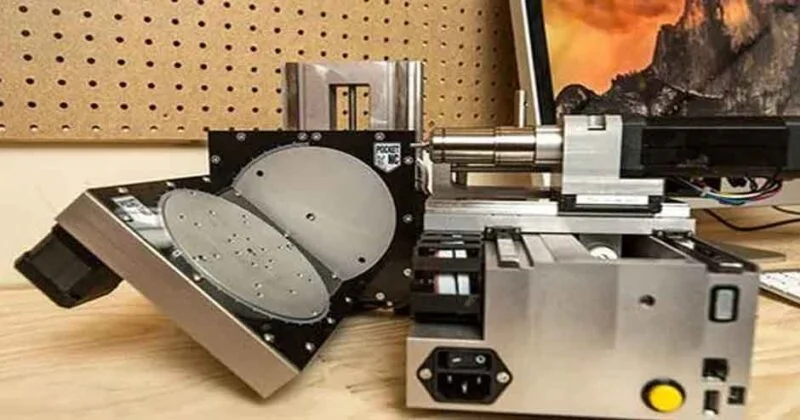
Preparing and thinking through the ordering process of metal for industrial application is an important endeavor. It’s crucial to do the following actions: select the appropriate metal, assess the reliability of the supplier, assess pricing, guarantee prompt delivery, and check quality. If you’re looking to buy metal for industrial use, this article will help you weigh these factors and make an informed choice.
1. Determine the Right Type of Metal
Selecting the right kind of metal for your industrial application is the first step in acquiring it. Because of their distinct qualities, many metals are suited for particular applications. For instance, aluminum is lightweight and utilized in applications where weight is an issue, whereas stainless steel resists corrosion and is perfect for wet conditions. You may choose the best metal for your project and steer clear of any problems by clearly describing its needs. After determining which kind of metal is best for your purpose, take availability, affordability, and durability into account. Alloys that blend the characteristics of many metals to provide improved performance may be advantageous for some tasks.
2. Assess the Supplier’s Reputation
It is important to evaluate a supplier’s reputation while looking for high-quality metal items. You may make an educated selection by using verified reviews, which offer insights into the supplier’s service quality, delivery effectiveness, and product consistency. Check to see whether the supplier has any industry certificates attesting to their compliance with strict material specifications and production standards. Reputable vendors, such as BuyMetal.com, need to be open and honest about the specifics of their offerings, guaranteeing that they satisfy your demands for dependability, efficiency, and conformity. Choosing a supplier who has a track record of on-time delivery and first-rate customer support will expedite your procurement procedure and improve your entire metal sourcing experience.
3. Evaluate Pricing and Total Costs
It’s critical to consider both the price and overall expenditures when acquiring metal for industrial application. It is crucial to check quotations from several vendors to be sure you are receiving a fair deal because prices might differ greatly across them. Add up all the costs, not only the base price of the metal, but also the shipping, handling, and taxes. Some providers may offer bulk discounts or unique pricing for large purchases. It would be easier for you to precisely estimate and prevent unforeseen costs if you were aware of the entire cost structure. Ask vendors about volume discounts and minimum order quantities as well, as they might have an impact on your total expenses. Clarifying payment conditions and any possible costs related to payment methods is also a good idea if you want to keep your financial planning surprises free.
4. Ensure Availability and Lead Time
Lead time and availability are important considerations in industrial initiatives. Ascertain that the metal you want is readily available and can be supplied in time for your project. Production might stop, and expensive downtime can result from delays in getting materials. Confirm the supplier’s lead times and inventory levels by speaking with them. In the event of unforeseen delays, it is also a good idea to prepare a backup plan. You can plan your project more efficiently and complete it on time if you are aware of the metal’s lead time and availability. Establish open contact lines with the supplier too to remain informed about any modifications or problems that can impact delivery dates. To lessen the risk of supply chain interruptions, think about rotating your suppliers or keeping buffer supplies of essential components.
5. Verify Quality and Certifications
Ensuring the quality of metal ordered for industrial purposes is crucial. Make sure the supplier offers certificates and records attesting to the characteristics of the metal and its adherence to industry norms. A standard method for verifying the metal’s chemical and physical characteristics is through mill test reports or MTRs. To make sure the metal satisfies the requirements needed for your application, these reports are crucial. Reputable suppliers will be open and honest about their certification processes, and they will have strict quality control measures in place. After delivery, carry out routine audits or inspections of the metal to make sure all criteria are being met. Before integrating the metal into production processes, work together with your quality assurance team to examine the paperwork and ensure that it satisfies the criteria of your project. Effective communication and strict commitment to quality control protocols ensure that you receive reliable and consistent metal supplies that contribute to the overall success of your industrial projects.
Conclusion
Many factors need to be carefully considered when ordering metal for industrial use. You may make an informed choice that fits the requirements of your project by choosing the appropriate type of metal, considering the reputation of the supplier, analyzing pricing and overall expenses, assuring availability and lead time, and confirming quality and certifications. By following these procedures, you can guarantee the success of your projects and obtain the appropriate metal for your industrial applications.

